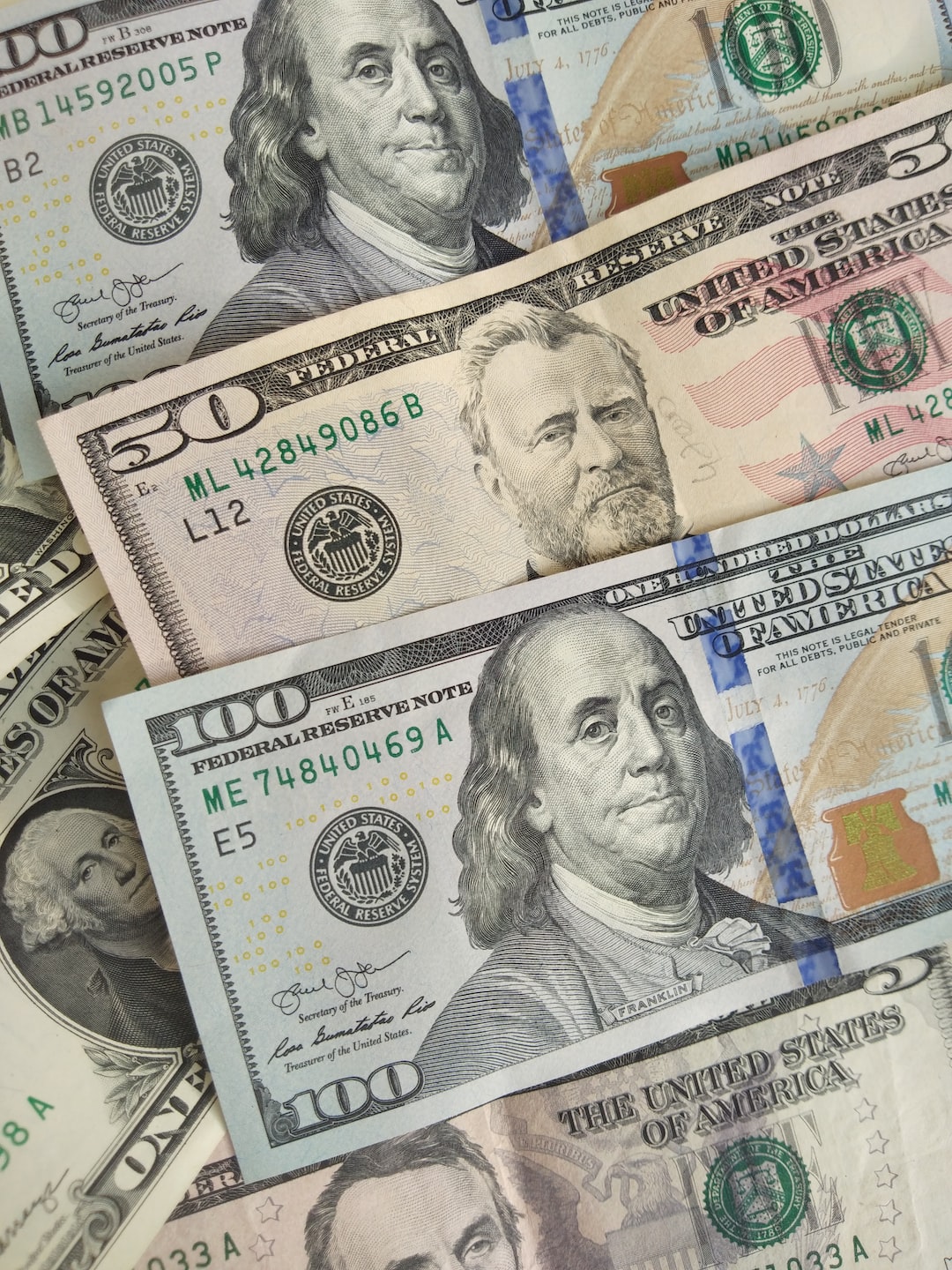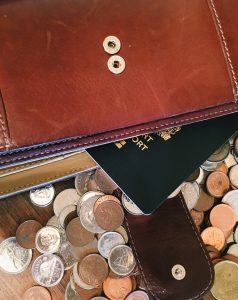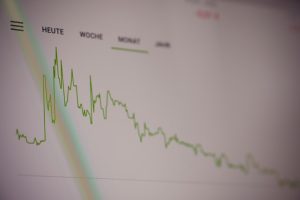Foreign exchange rates are constantly fluctuating, reflecting the supply and demand of one currency against another. However, there are times when forex rates stop changing, and this can have a significant impact on the global economy. In this article, we will explore what happens when a forex rate stops changing and why this may occur.
What is a Forex Rate?
Forex, or foreign exchange, refers to the global market where currencies are traded. A forex rate is the value of one currency in relation to another currency. For example, if the exchange rate between the US dollar and the Euro is 1:1.12, it means that one US dollar is worth 1.12 Euros.
Forex rates are influenced by a variety of factors, including economic and political events, interest rates, and market sentiment. As these factors change, so do the forex rates.
What Happens When a Forex Rate Stops Changing?
When a forex rate stops changing, it means that the exchange rate between two currencies has remained the same for an extended period. This can occur for a variety of reasons, including a lack of economic data releases or events that could affect the exchange rate.
There are several potential outcomes when a forex rate stops changing:
1. Reduced Trading Activity
When forex rates are stagnant, traders may be less likely to engage in trading activities. This can lead to a decrease in liquidity in the market, which can exacerbate the stagnation of exchange rates. As a result, it may become more difficult for traders to buy or sell currencies, which can create volatility if rates suddenly start to move again.
2. Economic Stability
On the other hand, a stable forex rate can be a sign of economic stability. If exchange rates remain constant, it suggests that there is little uncertainty in the market, which can be a positive sign for investors. It may also indicate that central banks have successfully managed their monetary policies to maintain a stable currency.
3. Reduced Profitability
For traders, a stagnant forex rate can mean reduced profitability. Traders often rely on changes in exchange rates to generate profits, so a lack of movement in the market can make it difficult to find profitable trades. This can lead to a decrease in trading activity and a reduction in overall profits for traders.
4. Impact on International Trade
Exchange rates play a critical role in international trade. When a forex rate stops changing, it can create uncertainty for businesses that rely on foreign trade. A stable exchange rate can be beneficial for businesses that engage in international trade, as it allows them to plan and budget more effectively.
Why Do Forex Rates Stop Changing?
Forex rates can stop changing for a variety of reasons. One common reason is a lack of economic data releases or events that could affect the exchange rate. For example, if there are no major economic reports or political events scheduled, there may be little reason for investors to trade.
Another reason forex rates may stop changing is due to central bank policies. Central banks use monetary policy to manage their country’s economy, which can affect the value of their currency. If a central bank’s monetary policy remains unchanged for an extended period, it can lead to a stable exchange rate.
Conclusion
In conclusion, a stagnant forex rate can have various impacts on the global economy, including reduced trading activity, economic stability, reduced profitability for traders, and potential impacts on international trade. While a stable exchange rate can be a positive sign for investors, it can also create uncertainty for businesses that rely on foreign trade. Ultimately, the reasons for a forex rate to stop changing can vary, but it is essential to monitor exchange rates to understand their impact on the global economy.






